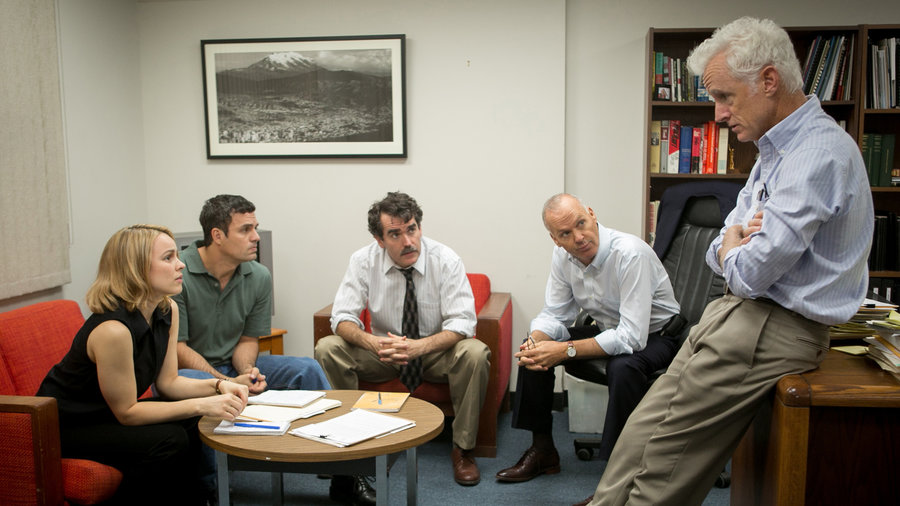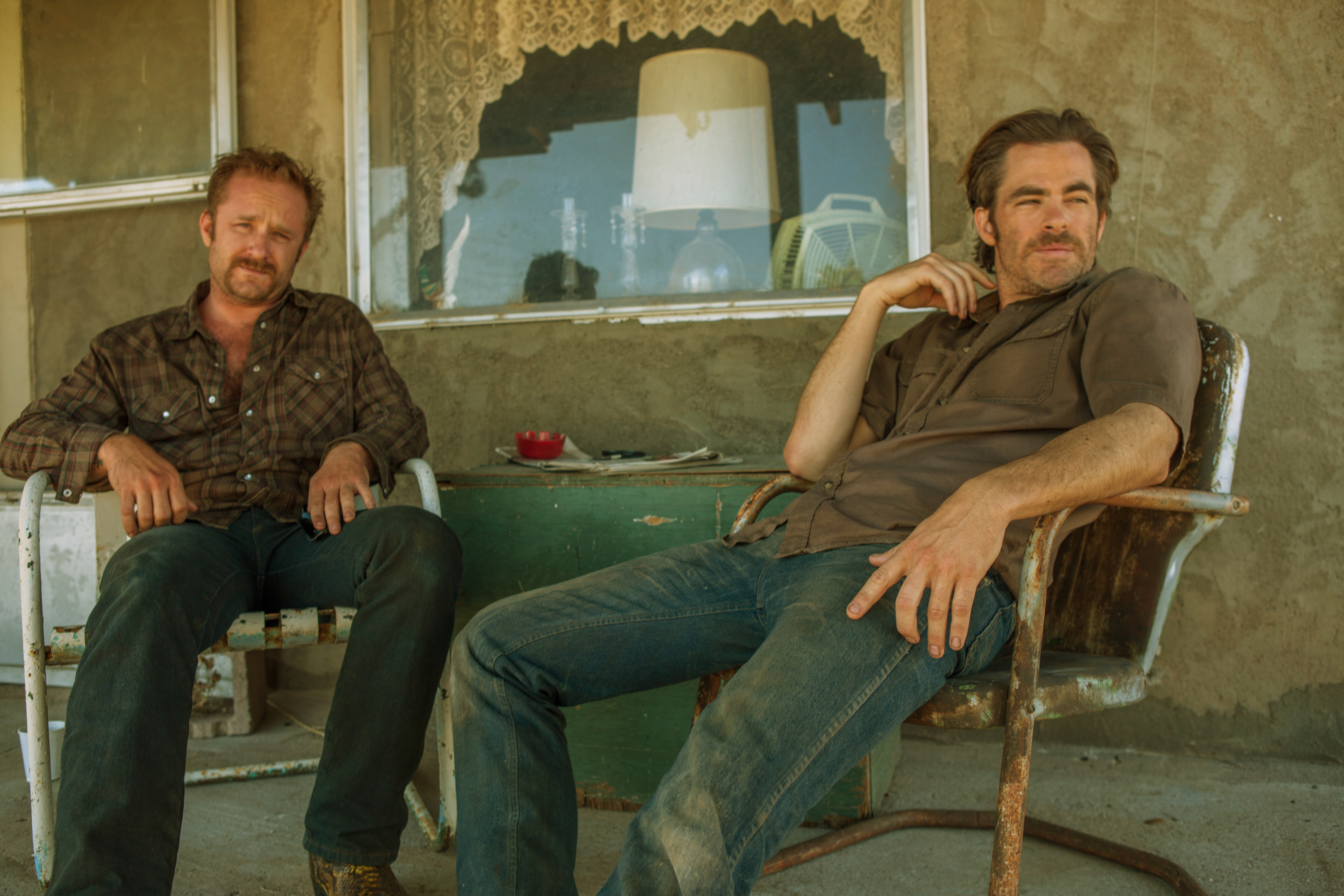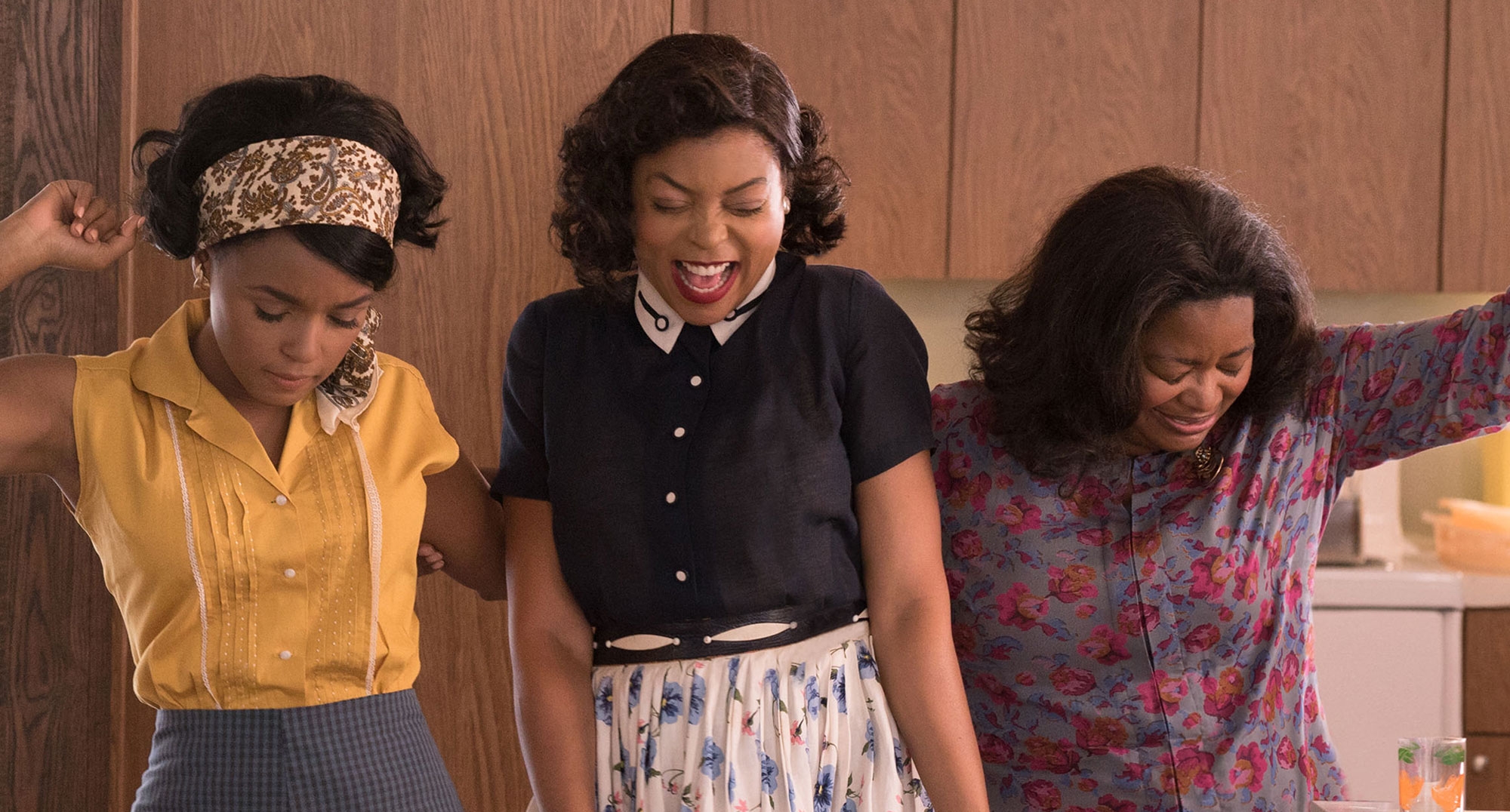By Shuchi Goyal
Spotlight is, in a word, gray.
Literally, the movie is set against various shades of gray, beige, and white. This makes sense since a lot of the action in Spotlight takes place in a cramped and cluttered newsroom. Still, it should have been easy for this relatively low-budget film to get lost at sea among the flashier movies that usually dominate the award show season. (Think The Martian or Bridge of Spies.)
Yet Spotlight has floated to the top of the lot. Some of that credit may be due to its all-star cast, which includes Academy Award regulars Michael Keaton, Mark Ruffalo, and Stanley Tucci. The performances of the entire cast, which also features Rachel McAdams, Liev Schreiber, and Brian d’Arcy James, set the tone for the entire movie: minimalistic and effective.
Spotlight follows the investigative reporting team at the Boston Globe as they probe into the systemized cover-up of child abuse by Catholic priests in Boston. In doing so, it follows a line of award-winning films in recent years that centered on controversies linked to the Catholic Church. One might think of the 2008 drama Doubt or 2013’s Philomena, both of which dealt with faith challenged by the internal affairs of the church. But while those films maintained a level of ambiguity regarding the actual guilt of the accused, the story in Spotlight is unflinchingly clear: Up to 90 priests accused of pedophilia in the Boston parish were permitted to continue working without rehabilitation or consequence.
Suspicion of child abuse by religious authorities is enough to shake anyone’s faith, but it is particularly disturbing in Boston, where Catholicism is the dominant religion. The most direct victims are the children who were sexually abused at the hands of numerous members of the clergy. Yet in this town, even if the leaders are not themselves Catholic, they have relatives, friends, teachers, and neighbors who are deeply connected to the Church. On the one hand, the film seems to sympathize with everyone (except perhaps the guilty priests) caught between their faith and untangling the cover-up. On the other, it begs the question: does this also make everyone in the town guilty? As Mitchell Garabedian (played by Stanley Tucci), an attorney for the victims of the abuse, points out, “If it takes a village to raise a child, it takes a village to abuse one.”
In many ways, Spotlight is a movie that resembles a well-written newspaper article: it analyzes a story from multiple angles but does not inundate the audience with details. With the help of a few choice quotes, the story tells itself and allows the viewer to make the final decision.
This lack of detail, however, also leads to Spotlight’s biggest flaw: the undeveloped characters. The Best Supporting Actor and Actress nominations for Mark Ruffalo and Rachel McAdams seem particularly strange. Both did well in their roles, but there was very little about them individually that was compelling. They seemed like generic reporters, curious and meticulous, but without any defined personality. On the opposite side, most members of the Catholic clergy also seemed interchangeable, as pious men with an unsettling opportunistic edge.
In contrast, the most memorable performances in the movie were given by the actors who played the most interesting characters. Tucci, as Garabedian, stands out as a lawyer disillusioned with the system trying his best to help the victims. The other unsung star is Live Schrieber as Marty Baron, the Boston Globe’s new editor who has just moved out of Miami into New England. Schrieber is perfect as the awkward and completely out-of-place Baron, a non-practicing Jew taken aback by the fervent Catholicism around him. Baron pushes the Spotlight team to uncover the systemic cover-up of the sexual abuse, knowing that the story would be big anywhere, but perhaps unaware as an outsider of just how much of an impact it would have in Boston specifically.
The end of Spotlight is victorious but tainted by a sense of inadequacy. Triumph is muted by an understanding that no one here is a hero, and that any comfort finally brought to victims could have come years earlier. Spotlight is gray, and that may just be the most brilliant thing about it.


